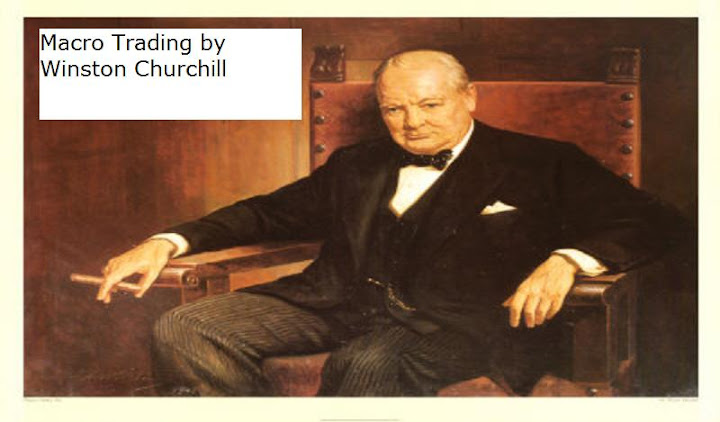18 May 2011
Steen Jakobsen, Chief Economist
The market has many victims these days and I see this continuing as it wrestles with less liquidity, troubled by concerns about China's growth stalling, the end of QE2 in the U.S. and the Eurozone's peripheral debt woes being now played out in the Greek tragedy. In this chronicle I touch on all of these issues, which combined point to tough times ahead.The Chinese slow-down factor
The key conclusion from my Asian visit last week was that Asia has reached peak growth. This entails refocusing on social dimensions and a wish to engineer a soft-landing. I’m confident that China will avoid a hard landing but more skeptical than consensus on how China will fair in terms of growth in the second half of 2011 and in 2012. Inflation will continue higher, precisely because China is currently witnessing peak growth and hence production capacity levels are at extremes where the pool of cheap labour has almost been exhausted and electricity and energy resources overall are at a maximum price level. Added to this is the major drive in the five-year plan to create “inclusiveness” and there is a growing risk that the 50% of net new growth added to world growth by China will stall or maybe even contract (as measured by its velocity).
The best hedge for a slow-down in growth China remains Australia. Australia is showing clear signs of bubbles in housing with some estimates saying house prices are 25 per cent above long term sustainable prices (Source: ABC.NET.AU). Australia remains a powerful force in producing resources, i.e., mining, and a main exporter to China. We are negative on AUD assets overall.
Source: Bloomberg: Interest differentials of the two main currencies against AUD
(JPY and USD).
We, at Saxo Bank, will cover the China slow-down factor and its impact as one of our major themes for the second half of 2011. We think the headline is about liquidity withdrawl.
Less risk capital
The exit from QE2 in the U.S. will mean net less risk capital for banks as the Federal Reserve's balance sheet will remain unchanged to slightly lower. Add to this is the role of the European Central Bank, which is determined to force politicians in Europe to make structural changes via the continuation of interest rate hikes (by 25 basis points at least) for another two quarters. Finally, and again, China and Asia whom are busy curtailing inflation through a combination of higher currency and interest rates. The peak in liquidity may be near.
Neutral to defensive calls on equities
We still need to see our back-bone of generic models turn around, but both for Emerging Markets and the G-10 countries it looks like this week could force us to have an outright negative view on equities and valuations. If this is confirmed you will hear more from me, but for now we advocate alertness on risky assets. I have called for 1280/1330 as the medium-term objective for the S&P cash – the high has been 1271, so though we are not truly there (but still too close for comfort), this leads us to neutral to defensive calls on equities for the next month or two.
The role of the EU and the IMF in the Greek tragedy
Finally, a short comment on the European Union and the International Monetary Fund. The political theory we use is one which states: 'politicians will do nothing as long as the cost to political opportunity remains zero for their re-election, and only when the opportunity changes will there be a political will to change'. This is the reason why I argue Greece will see “reprofiling” or soft-restructuring happen before the consensus view of 2013 (and most likely in Q4 2011 or Q1 2012). Chancellor Merkel in no way wants to be out and about on her election campaign while trying to safeguard Greece.
The key thing to watch for in the EU remains Spain. Not for the contagion risk of Greece (no matter whether a soft or hard default occurs, which is priced in), but more because of the underestimated risk of a deteriorating fundamental picture in Spain. Housing and unemployment in Spain are still in deep trouble, so it is quite likely that contagion could come from no progress in underlying fundamentals there and that Greece purely becomes the catalyst.
.jpg)



No comments:
Post a Comment